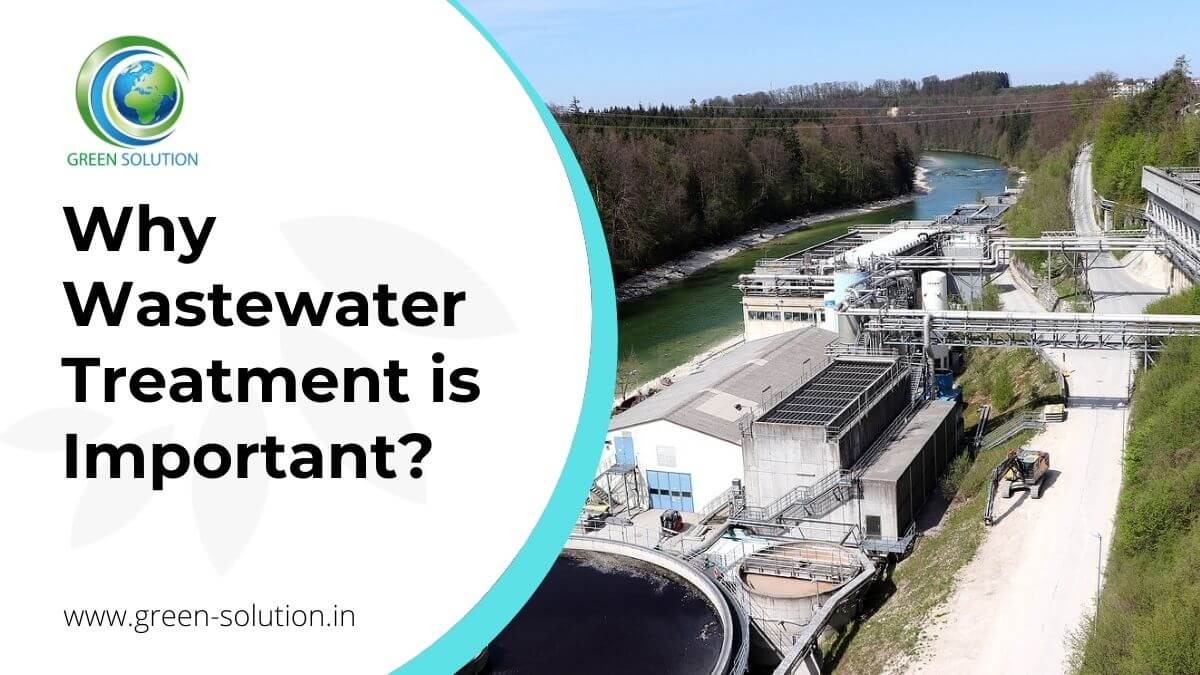Some Ideas on Reclaim Waste You Need To Know
The 6-Minute Rule for Reclaim Waste
Table of ContentsNot known Facts About Reclaim WasteGetting My Reclaim Waste To WorkThings about Reclaim WasteGetting The Reclaim Waste To WorkReclaim Waste Can Be Fun For AnyoneThe 6-Minute Rule for Reclaim Waste

Never ever put harmful compounds down sinks, commodes or stormwater drains Materials including fuel, oil, oil, pesticides and herbicides, and solvents such as paint strippers need to not be poured down sinks, bathrooms or stormwater drains pipes. These substances are tough to eliminate in the sewer therapy procedure and cause contamination issues in our neighborhood waterways.

Although fluid waste is a term that covers a broad range of products, there's an excellent reason why leaving its disposal to the experts is suggested. Liquid waste is non-solid material that has no additional usage and has to be treated and disposed of according to local, state and federal policies.
Get This Report about Reclaim Waste
Instances of liquid waste can consist of wastewater, fats, oils or oil, made use of oil, fluids, solids, gases or sludges and harmful house liquids, there are some that are considered to be more unsafe than others when it comes to the atmosphere and the wellness of animals and humans alike. It's because of this that each state and area have strict regulations linked to liquid waste management.
Liquid waste can be saved in holding tanks or packaged in drums, intermediate bulk containers or authorized small containers prior to either being dealt with or removed using outsourced vacuum trucks. Provided the nature of the products, fluid waste can not enter the basic waste stream and there are stringent guidelines on how to throw away it properly.
(https://leonaube33101.wixsite.com/reclaim-waste/post/effective-liquid-waste-removal-and-disposal-everything-you-need-to-know)Depending upon a determination of the degree of danger, it might be needed to remediate those sites. In addition, dangerous fluid chemical wastes are controlled waste and must be tracked according to the state waste legislation. Under the chain of custody and duties, owners are liable and liable for waste created by a service.
One of the core applications for superabsorbent polymers (SAPs) is fluid waste solidification. liquid waste disposal. SAPs are used by waste management specialists to stop potentially damaging liquids from entering waterways, groundwater aquifers, and various other delicate atmospheres. Since liquids can quickly transfer contaminants right into ecological receptors and possibly add to geotechnical failings, fluid wastes are nearly constantly prohibited from disposal in garbage dumps
Little Known Questions About Reclaim Waste.
Essentially, totally free liquids are liquids that separate from the solid portion of waste material. Liquid waste can include the following: HDD mud and cuttings Landfill leachate Wastewater treatment sludge & biosolids Dredged debris Oil and gas drill cuttings Working out pond muck Hydro Excavation slurry Coal burning residuals/ash Storage tank base sludge Concrete grinding/polishing slurry Relevant Write-up: For a sensible instance of cost-free liquids separating from waste product, take into consideration the following scenario: A waste management contractor tons a dump associate sludge from a wastewater treatment plant's oygenation container, during a routine upkeep occasion.
When the vehicle driver gets here at the garbage dump, he notices water seeping from the sludge and putting from the dump vehicle. The lots was denied by the land fill and the chauffeur was forced to throw my explanation away the waste as a liquid waste at an unique facility, which raised the disposal costs greatly.
We additionally need to be liable for the appropriate disposal of our waste products. It is not enough that we pay waste disposal companies to take treatment of our rubbish.
Reclaim Waste Fundamentals Explained

Segregating your waste can start inside the home. Set apart completely dry and fluid waste as well as edible waste, naturally degradable and non-biodegradable products.
Layer the base with dirt to absorb the wet waste. Layer the compost with wet and dry waste as well as soil to keep an equilibrium between the damp and the dry.
Excitement About Reclaim Waste
Cover the compost bin. Once a week, include soil in addition to the garden compost. To facilitate faster decay, you can likewise include semi composted soil to the compost. Preserve the compost. If you observe the scent is coming to be too solid, add added papers and paper waste or include more holes to the garden compost bin to maintain the equilibrium of the waste products.
We additionally need to be liable for the proper disposal of our waste products. It is not enough that we pay waste disposal business to take care of our rubbish.
Our waste, our duty. Have you ever wondered what happens to your liquid waste after it's gathered? Did you recognize that fluid waste can be recycled?
How Reclaim Waste can Save You Time, Stress, and Money.
The perfect location is a good exterior room with lots of sunshine and air. Segregate your waste. Segregating your waste can begin inside the home. Set apart completely dry and liquid waste as well as edible waste, naturally degradable and non-biodegradable products. Constantly maintain the lid on your bins to prevent bugs, worms, flies, and unpleasant odours.
You can use old trash bin, container, yard pot or old plastic drums. Pierce 4 to 5 holes in the container so the air can distribute. Layer the base with dirt to soak up the damp waste. Begin the composting procedure. Layer the garden compost with wet and completely dry waste as well as dirt to maintain a balance in between the wet and the completely dry.
To promote faster decay, you can additionally include semi composted soil to the garden compost. If you notice the odor is becoming also strong, include additional papers and paper waste or add even more holes to the garden compost bin to maintain the balance of the waste products.